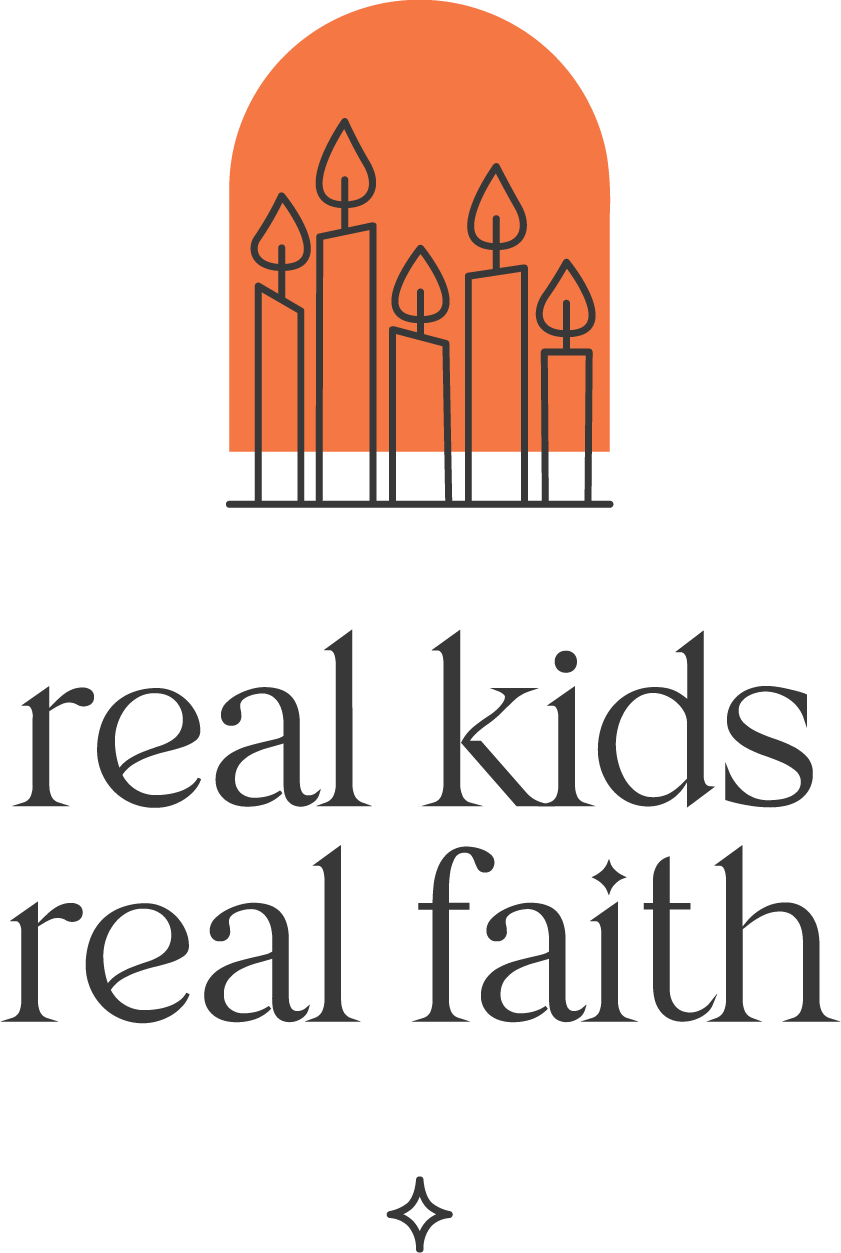Once upon a time, families turned almost exclusively to religious congregations to meet their spiritual needs. They relied on programs and services provided by a specific faith community, usually in their neighborhood or the surrounding area. And then along came the internet, offering a new venue for exploring spirituality.
While insurance and telecommunication companies might still be able to sell bundled services – think Flo at Progressive or Verizon’s Disney+ media bundle – the internet has introduced families to a wide variety of possible spiritual resources among which they can pick and choose.
Millennial parents appreciate the ability to personalize spiritual practices by curating ideas others have posted online. Since they are distrustful of institutions and inclined to crowdsource, unbundling and remixing their spirituality makes sense to them.
Unbundling involves breaking down a collection of offerings into different parts and deciding which elements are more or less valuable. Author Casper ter Kuile uses the news industry as an example: decades ago, newspapers bundled news articles, comic strips, classified ads, puzzles, opinion pieces, and letters to the editor into one portable resource. But now, people stream their news, place and view ads online, share opinions on social media, and play games on smartphones.
Many do the same thing with their spiritual lives. Instead of turning to a single faith community to find community, participate in rites of passage, celebrate holidays, seek guidance, support moral development, and work for social justice, they pick out the aspects of faith life that matter most to them and find resources just for those elements.
Remixing involves identifying what is spiritually valuable and seeking rituals and practices that reinforce those values. It might mean that a family who value environmentalism, helping those in need, and being centered combine weekly nature hikes and regular volunteer stints at a food pantry with daily use of a meditation app. Or a family who prioritizes social justice and ancestral connections join protest marches, donate change for change, and celebrate ethnic holidays. It could even be an interfaith family trying to blend two religious traditions.
Rather than lament the changes in family spirituality, faith communities can lean in. One consequence of unbundling and remixing is that families can feel isolated and disconnected in their personalized spiritual practices. Non-judgmental offers of assistance like the following can close those connective gaps.
-
- Offer to loosely connect families with similar values in spiritual practice networks. Create social media groups or hashtags to help families find one another and communicate.
- Provide resources for fashioning a family spiritual rule. Invite families to formally discuss their values and identify a spiritual practice related to each one, noting when they will engage in that practice each week or month. Then pair up families as soft accountability partners.
- Share the four levels of spiritual connection (self, others, natural world, transcendent) as a model. Encourage families to select spiritual practices that represent each category, with particular attention to the ways in which they plan to connect with other people.

Comments